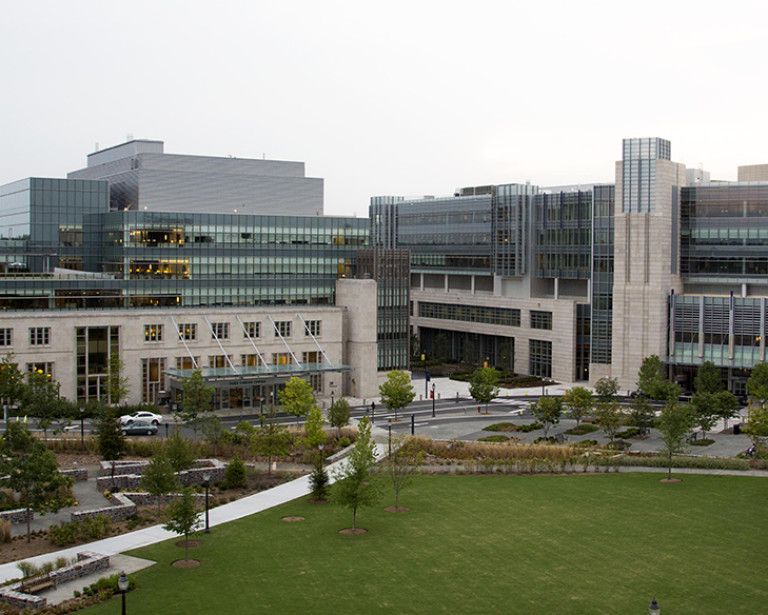Overview
Dr. Buchheit serves as Director of the Regenerative Pain Therapies Program in the Duke Center for Translational Pain Medicine (CTPM), and practices Pain Medicine at both Duke University and the Durham VAMC. His research focus is on the local and systemic inflammatory mechanisms that drive pain in arthritis and nerve injury. He has led and participated in several multicenter research projects that have studied patients at Duke, the Durham VAMC, and Walter Reed National Military Medical Center, clarifying post-amputation pain phenotypes and mechanisms that drive the chronification of pain. These research pursuits have guided the clinical and translational programs of CTPM that strive develop biologically-based methods for the treatment of arthritis and degenerative musculoskeletal conditions. The program’s overarching goal is to move beyond opioids, steroids and anti-inflammatory medications for the treatment of pain.
Dr. Buchheit currently serves on the Editorial Board of Pain Medicine and recently completed service as Pain Medicine Division Chief in the Duke Department of Anesthesiology. He also serves on the Board of The Pain Society of the Carolinas and previously on the American Society of Anesthesiologists Pain Medicine Committee, (2012-2014), as an American Board of Anesthesiology Question Author (2011-2014), and President of Pain Society of the Carolinas (2015-2017).
Current Appointments & Affiliations
Recent Publications
Evidence-Based Clinical Practice Guidelines on Regenerative Medicine Treatment for Chronic Pain: A Consensus Report from a Multispecialty Working Group.
Journal Article J Pain Res · 2024 PURPOSE: Injectable biologics have not only been described and developed to treat dermal wounds, cardiovascular disease, and cancer, but have also been reported to treat chronic pain conditions. Despite emerging evidence supporting regenerative medicine th ... Full text Link to item CiteIntrathecal administration of conditioned serum from different species resolves Chemotherapy-Induced neuropathic pain in mice via secretory exosomes.
Journal Article Brain Behav Immun · July 2023 Chemotherapy-induced peripheral neuropathy (CIPN) is the most prevalent neurological complication of chemotherapy for cancer, and has limited effective treatment options. Autologous conditioned serum (ACS) is an effective biologic therapy used by intra-art ... Full text Link to item CitePlatelet-Rich Plasma and Autologous Conditioned Serum: Non-Cellular Biologic Therapies for Neuroimmune Modulation and the Treatment of Arthritis Pain
Chapter · January 1, 2023 Osteoarthritis (OA) affects more than 50 million in the United States (Lawrence et al Part II Arthritis Rheum 58(1):26-35, 2008); however, most of these individuals are not considered surgical candidates. Alternative treatment options such as medications, ... Full text CiteRecent Grants
Development of Adrb3 Antagonists for the Treatment of Pain
ResearchSignificant Contributor · Awarded by National Institutes of Health · 2023 - 2026Duke Pain Early-phase Research Clinical Center (PERC)
ResearchCo Investigator · Awarded by National Institutes of Health · 2019 - 2024Single Nucleus Expression Profiling of Human Sciatic Nerve after Traumatic Amputation: Predicting Pain and Functional Outcomes
ResearchCo Investigator · Awarded by Department of Defense · 2019 - 2023View All Grants


